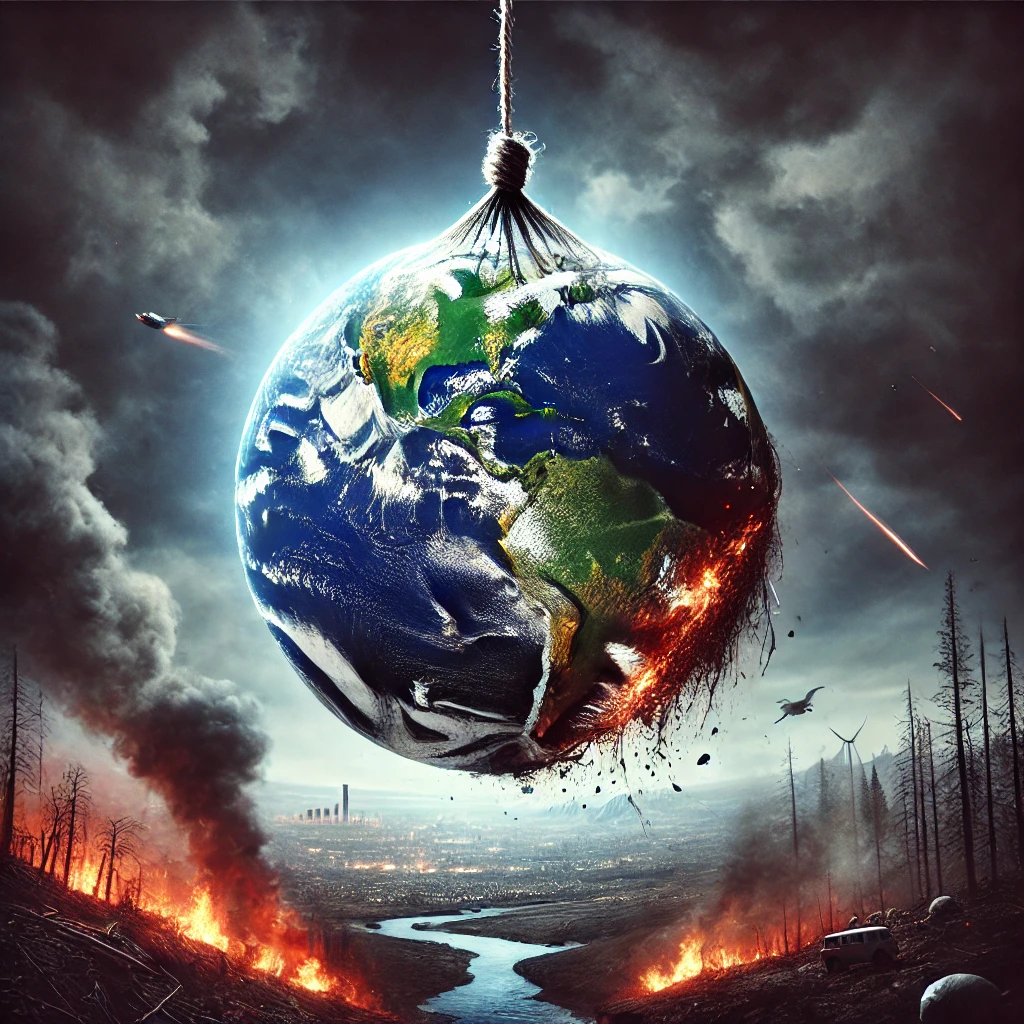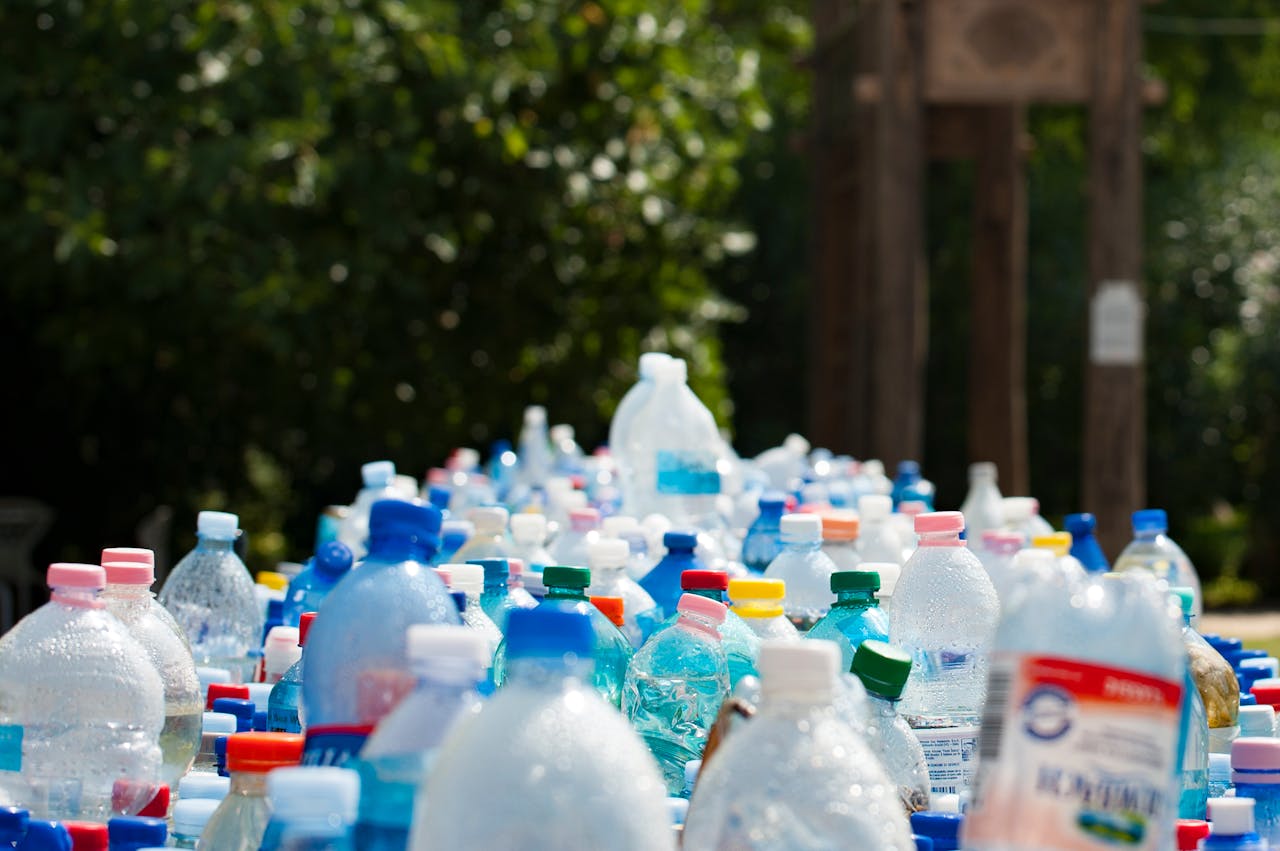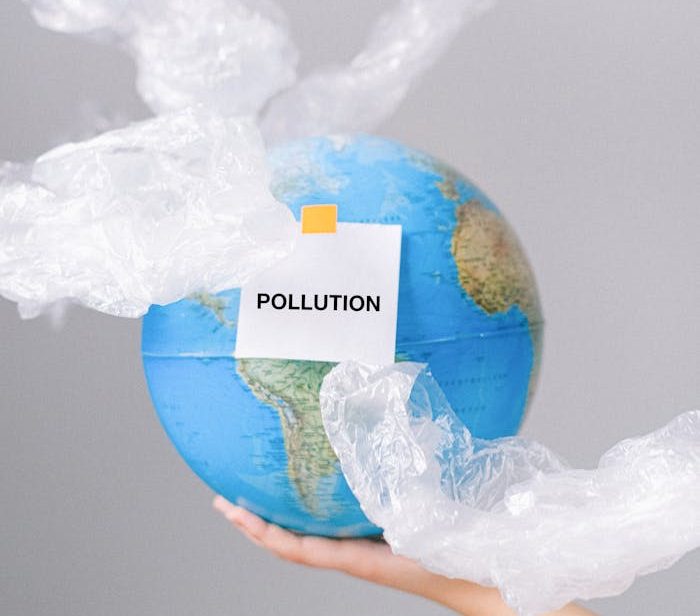In case you missed it, humans are pushing Earth to its breaking point. We’re not just flirting with disaster; we’re practically taking it out on expensive dates. The prize for this reckless behavior? The extinction of thousands of species, environmental chaos, and the potential collapse of the natural systems we rely on. Excited yet?
As world leaders gather for the COP16 UN biodiversity conference in Cali, Colombia, experts are warning that we’re closer than ever to crossing Earth’s natural limits. So, what’s happening to the planet? More importantly, how does it impact you, me, and your favorite Netflix binge?
The Biodiversity Crisis: Not Just About Cute Animals
Since 1970, wildlife populations have dropped by an alarming 73% on average, according to the WWF Living Planet Report 2022. This isn’t just a sad story about pandas and polar bears; it’s a full-blown crisis for us humans too. If you enjoy eating, breathing clean air, or drinking fresh water, biodiversity loss could seriously affect your life.
Here are some shocking statistics to consider:
- 75% of crops depend on pollinators like bees, yet bee populations are plummeting, according to the FAO’s global pollinator report.
- 33% of global fisheries are overexploited, as detailed in the FAO Global Fisheries Report.
- Ecosystem degradation could cause a 12% drop in GDP for countries like the UK by 2050, based on a UK government report.
The loss of biodiversity affects everything—from the food on your plate to the water in your glass and the air you breathe. We depend on nature for these essentials, and as ecosystems crumble, so do our chances of sustaining human life as we know it.
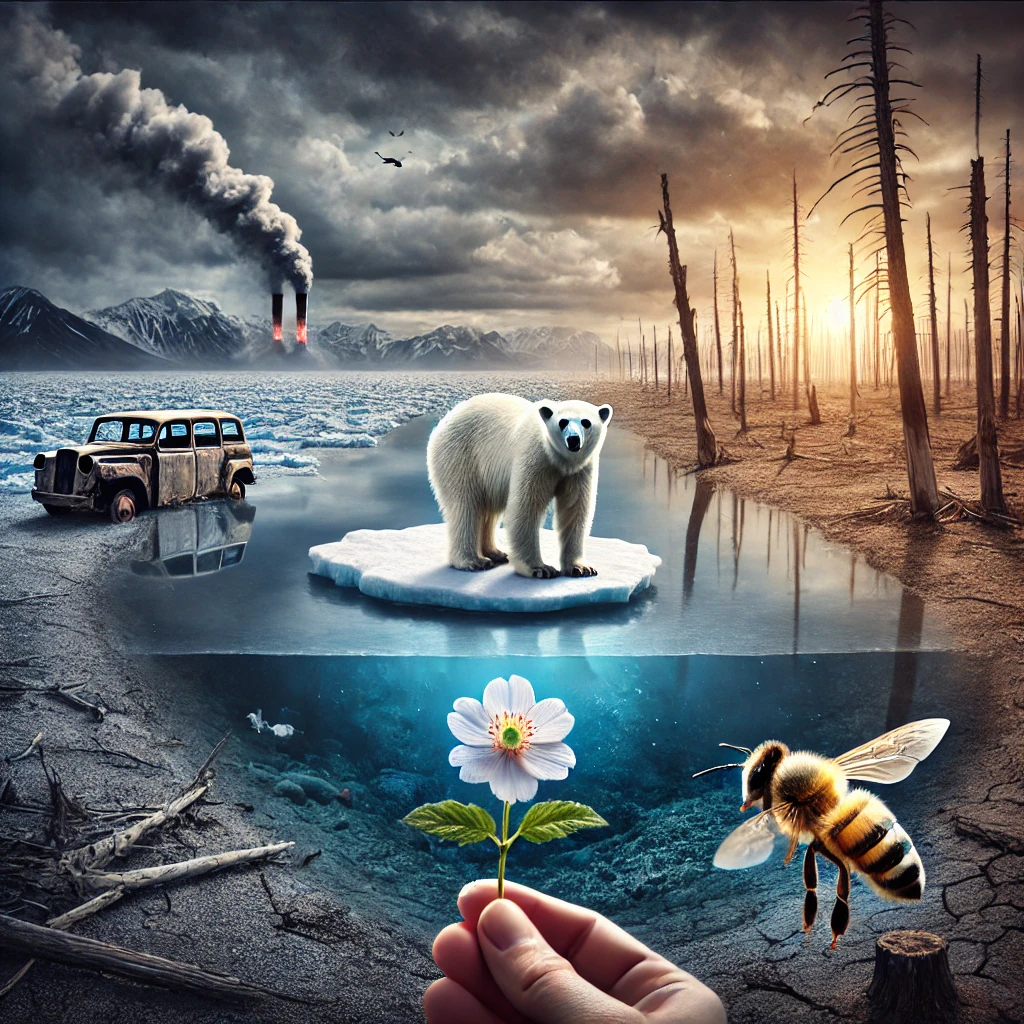
Hidden Dangers in Our Ecosystems
While climate change gets the lion’s share of the headlines (probably because it has better PR), biodiversity loss is equally devastating. We need to realize that it’s not just a problem confined to distant rainforests or coral reefs. It’s happening right here, and fast.
For example, illegal deforestation is ravaging regions like the Amazon. The burning of these vital “lungs of the Earth” leads to 30-50% fewer carbon absorption rates, according to a Nature study. Combine this with ocean acidification, fresh-water pollution, and more frequent wildfires, and you have a recipe for chaos that even the most dramatic disaster movies couldn’t script.
The Planet’s Not Just Hot, It’s Angry
Scientists are sounding the alarm about multiple breadbasket failures. Translation? The places that grow our food are failing—hard. Crops that depend on stable climates (hello, 30% of global wheat) are facing unpredictable weather, droughts, and pest outbreaks, as explained in a global wheat crisis study.
As food and water become scarcer, we’re not just looking at price increases at your local grocery store. It could mean global instability. Resource scarcity often leads to conflict, and we’ve already seen examples like the environmentally driven famine in Madagascar, as reported by the United Nations.
Mass Extinction Isn’t Sci-Fi—It’s Our New Reality
When people hear “mass extinction,” they might think of dinosaurs and asteroids, but today’s mass extinction is entirely our fault. We’ve obliterated species at a rate 100 to 1,000 times higher than the natural background rate, according to the WWF. While some species might survive in zoos, ecosystems don’t function without their full cast of characters.
This isn’t a problem for future generations; it’s happening right now. We’re losing key species at breakneck speed, which has a ripple effect on ecosystems worldwide. For example, the disappearance of sharks from coral reefs has decimated these once-thriving fish nurseries, as outlined by Coral Reef Ecosystem studies.
The Road to Recovery (Or Maybe Just Survival)
Experts agree: the time to act is yesterday. So far, governments have consistently failed to meet their biodiversity targets. But there’s still hope if we focus on nature restoration.
A 2024 study found that nature-friendly farming in the UK could boost populations of pollinators like butterflies and bees. We’ve also seen positive changes in wetlands where rewilding efforts have helped beavers maintain water-rich environments, even during droughts, as shown by the Beaver Wetlands study.
But here’s the catch: it’s not enough. Funding for nature restoration is often the first thing slashed in tight budgets. In the UK, for instance, £100 million was recently cut from nature-friendly farming to address a budget shortfall, according to The Guardian.
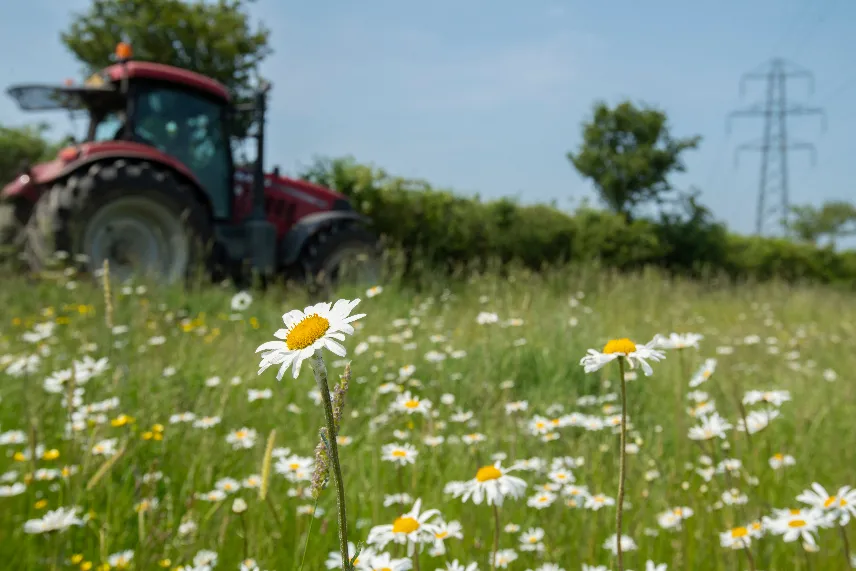
What You Can Do (Beyond Sighing in Despair)
It’s easy to feel powerless in the face of such a massive problem, but there are actions we can take:
- Support biodiversity-friendly products: Buy food from regenerative agriculture farms or products certified as sustainable.
- Reduce waste: Less waste means less strain on natural resources. Use products that are recycled or upcycled, like those from our own URMatter shop.
- Speak up: Advocate for biodiversity protections at the local and national level. Push leaders to make meaningful commitments at conferences like COP16.
And let’s not forget, biodiversity is essential for more than just human survival. It’s the foundation of countless cultures, spiritual traditions, and ways of life that enrich our world in ways we can’t quantify. As Tonthoza Uganja from central Malawi puts it: “Biodiversity loss isn’t just the loss of species; it’s the loss of ourselves, our history, and our connection to the Earth,” as quoted in the IPBES biodiversity report.
Final Thoughts: Don’t Be a Bystander in the Planet’s Collapse
Look, I get it. You’re busy, and thinking about ecosystems and extinction might not top your to-do list. But here’s the reality: if we don’t care now, we might not have a future to care about later. This isn’t about hugging trees (though, go for it if that’s your thing); it’s about securing the future for ourselves and generations to come.
Biodiversity loss isn’t just an environmental issue; it’s a human survival issue. We’ve gone way past the time for passive concern; it’s time for urgent action. Or, as they say in the world of memes, “If not now, when?”
Call to Action
Want to make a difference? Start small by reducing your waste and purchasing sustainable products like those from URMatter. It’s time we all did our part in saving the planet before it’s too late.

